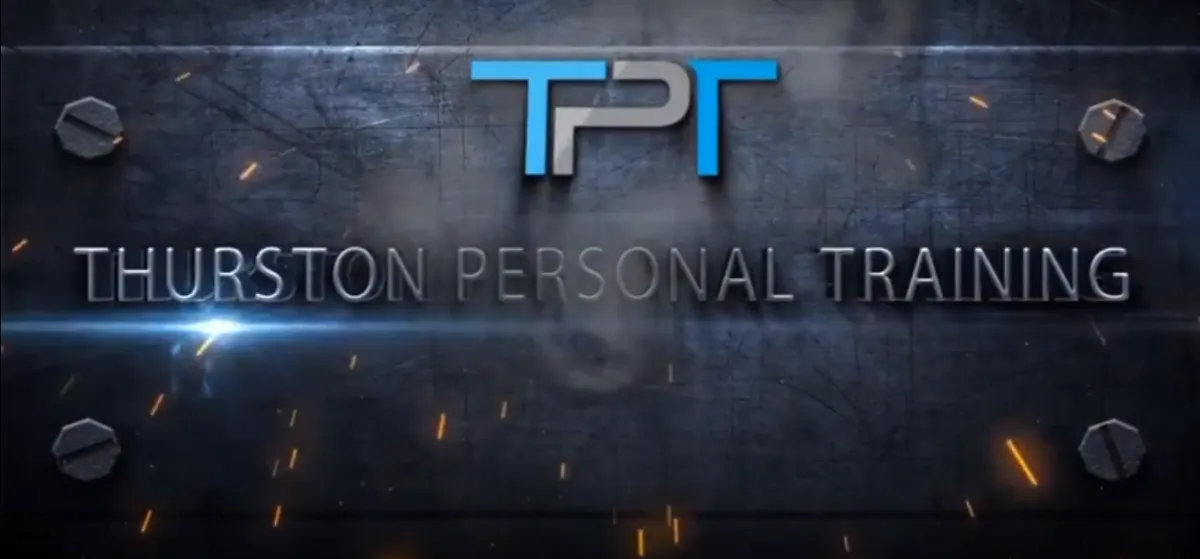Trainer Arizona Fitness Blog

Welcome to Trainer Arizona fitness blog, A divsion of Thurston Personal Training.
Where we're dedicated to providing you with informative and engaging content to support your fitness journey. Whether you're a beginner looking for tips on getting started or a seasoned gym-goer seeking new workout ideas, our fitness articles cover a wide range of topics to help you achieve your goals.
From nutrition advice to workout routines and motivational stories, our personal training blog is your go-to resource for all things fitness. Based in Phoenix, Arizona, our team of experienced personal trainers brings you expert insights and local fitness events to keep you motivated and inspired. Stay tuned for regular updates and join us on the path to a healthier, happier you!

Effective Natural Ways of Boosting Testosterone
As Men age their natural levels of testosterone begin to decline. This decrease in testosterone can result in increases in fat mass, deterioration of muscle tissue and many other health problems such as low energy, weak libido, cardiovascular and neurological issues. Many men choose synthetic testosterone replacement and for many this may be the best option, but one should attempt to revive the body's natural levels of testosterone naturally. There are a lot of gimmick supplements out there and also most young men will not benefit from testosterone boosting supplements as their testosterone levels are already at peak natural levels. Here are some effective, well researched supplements to lookout for.
Vitamin D3: Vitamin D3 is a steroid hormone and is implicated in over 1,000 bodily functions including testosterone production. Low levels of vitamin D are very common and if you have low vitamin D then you will most likely have low levels of testosterone in addition to a possible myriad of negative health issues. To supplement generally 2,000-3,000iu daily is recommended with a meal containing fat but vitamin D levels can vary widely in individuals so it is wise to get a blood test and talk to your healthcare professional.
Magnesium: Low magnesium levels are very common in athletes and people who train due to the losses via the production of sweat. This can lead to a decrease in testosterone and can be prevented by supplementing with magnesium. Usually 200-400mg of magnesium citrate is recommended, preferably near bedtime as magnesium can have a sedating effect.
Zinc: In a similar manner to magnesium, zinc deficiencies are also common in athletes and people who train for the same reason, losses via sweat. Zinc also is implicated in testosterone production, this is why the popular ZMA supplement works so well, Zinc, Magnesium and vitamin B6. To supplement with zinc if you are an active individual who sweats a lot take 20-30mg, if you are a sedentary individual you may not need to supplement and intake via diet should be adequate.
DHEA: The hormone dehydroepiandrosterone (DHEA) is the precursor to testosterone, meaning the body uses it to produce testosterone. DHEA has been shown to be effective at treating age related testosterone decline. To supplement take 25-50mg with a meal daily.
